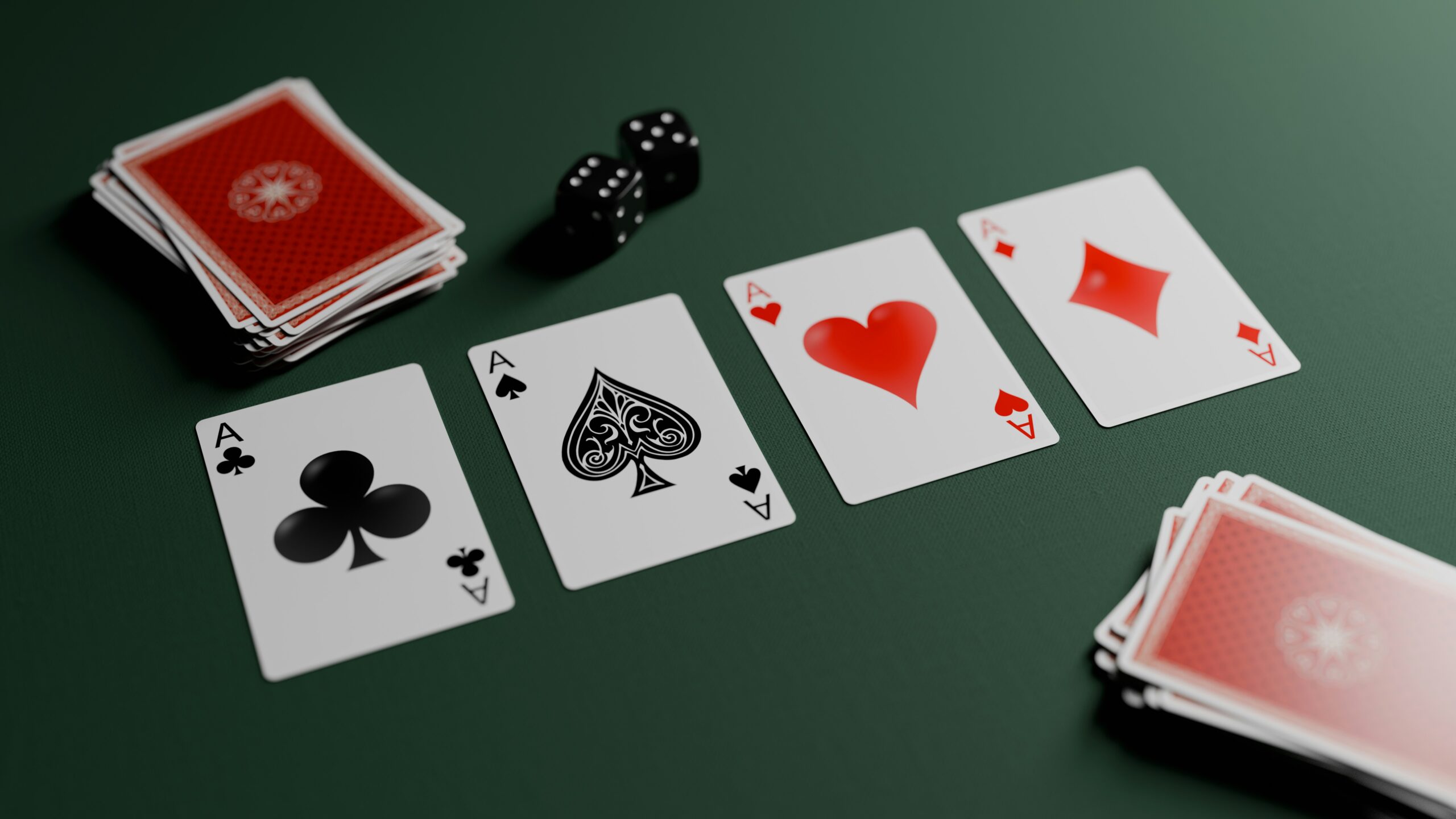
Poker, a game of skill, strategy, and psychological prowess, has captivated minds and hearts for centuries. From the smoky backrooms of old to the glitzy casinos of Las Vegas and the global stage of online platforms, poker remains a timeless pursuit. Understanding the game’s nuances is crucial for those who aspire to transition from a casual player to a serious contender. Here, we compile top tips from professional poker player to guide you in mastering poker.
Understanding the Basics: Learn the Rules and Hand Rankings
Before delving into advanced strategies, ensure you have a solid grasp of poker fundamentals. Learn the game’s rules, the various hand rankings, and the different poker variants, such as Texas Hold’em, Omaha, and Seven-Card Stud. Each variant has unique rules and strategies; familiarity with these will give you a versatile foundation.
Bankroll Management: The Cornerstone of Long-Term Success
One of the most critical aspects of becoming a successful poker player is managing your bankroll effectively. Professionals stress the importance of setting aside a specific amount of money dedicated solely to poker. This prevents you from risking funds necessary for your everyday life. Implement a strict bankroll management strategy, such as the “20 Buy-in Rule,” where you only play games with at least 20 buy-ins for that stake. This approach helps mitigate the risk of going broke during a downswing and allows you to weather the inherent volatility of poker.
Study and Analyze: Continuous Learning is Key
Poker is a dynamic game where the learning curve never truly ends. Professional players dedicate substantial time to studying the game, reviewing hand histories, and analyzing their play. Use resources like poker books, online forums, training videos, and coaching to improve your skills continually. Understanding pot odds, implied odds, and expected value can significantly enhance your strategic depth.
Develop a Solid Pre-Flop Strategy
A solid pre-flop strategy lays the foundation for successful post-flop play. Knowing which hands to play from different positions is crucial. For instance, early positions require tighter hand selection due to the number of players left to act, whereas late positions allow for more aggressive play with a broader range of hands. Adopting a disciplined pre-flop approach prevents costly mistakes and sets the stage for profitable decisions in later streets.
Master the Art of Bluffing: Timing and Psychology
Bluffing is an integral part of poker, but it’s essential to use this tactic judiciously. Professionals emphasize the importance of timing and understanding your opponents’ tendencies. Successful bluffing involves reading the table dynamics and recognizing spots where opponents are likely to fold superior hands. Avoid over-bluffing, as seasoned players will catch on and exploit your predictability. Instead, aim for a balanced strategy incorporating well-timed bluffs to keep your opponents guessing.
Positional Awareness: Leverage Your Seat at the Table
Position is a fundamental concept in poker that can significantly influence decision-making. Being “in position” means acting last on a betting round, giving you valuable information about your opponents’ actions. This advantage allows you to make more informed decisions, control the size of the pot, and apply pressure when necessary. Conversely, playing “out of position” is more challenging, requiring a tighter and more cautious approach. Always strive to maximize your positional advantage.
Emotional Control: Maintain Your Composure
Poker is as much a mental game as it is a strategic one. Maintaining emotional control, often called “tilt management,” is vital for long-term success. Professional players understand the importance of staying composed, regardless of the outcomes of individual hands. Bad beats and losing streaks are inevitable, but how you respond to them defines your growth as a player. Practice mindfulness techniques and take breaks to prevent emotional decisions that negatively impact your game.
Observe and Adapt: Read Your Opponents
Observation is a critical skill in poker. Paying attention to your opponents’ betting patterns, timing tells, and physical cues (in live games) can provide valuable insights into their hand strength and strategy. Adapting your play based on these observations allows you to exploit their weaknesses and avoid falling into predictable patterns. Remember, poker is a game of adjustments, and being able to shift gears based on the table dynamics is a hallmark of a seasoned player.
Practice Patience: Quality Over Quantity
Patience is a virtue in poker. Unlike other games where action is constant, poker often requires waiting for the right opportunities. Professionals advocate for a quality-over-quantity approach, where you focus on making well-timed, high-expected-value plays rather than chasing action. This disciplined mindset reduces unnecessary risks and increases your overall profitability.
Utilize Technology: Embrace Poker Tools and Software
In the modern era of poker, technology plays a significant role. Professional players leverage various tools and software to enhance their game. Programs like PokerTracker and Hold’em Manager help analyze your play, track your results, and identify areas for improvement. Additionally, equity calculators and solvers can assist in understanding optimal strategies and making data-driven decisions.
Becoming a professional poker player is a journey that requires dedication, discipline, and continuous learning. By incorporating these tips from seasoned professionals into your game, you can develop a robust skill set and elevate your poker prowess. Remember, success in poker is not achieved overnight but through consistent effort and a commitment to improvement. Whether playing for fun or aspiring to compete at the highest levels, these insights will help you navigate poker’s complex and fascinating world.